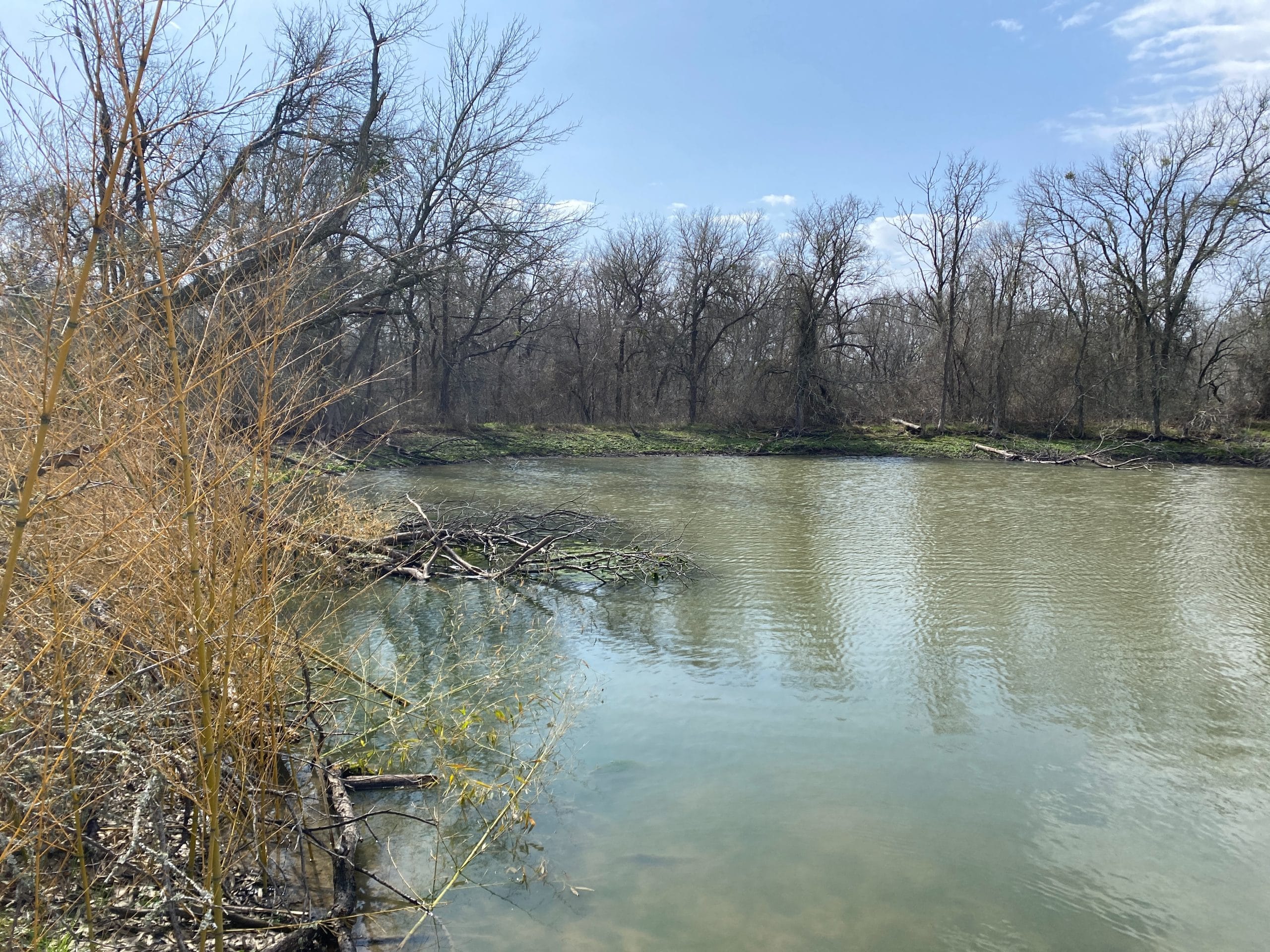Project Overview
In a dedicated effort to balance development and environmental conservation, ESE conducted a comprehensive Biological Resource Evaluation for a proposed residential development on a 150-acre property near Taylor, Texas. This evaluation aimed to identify the presence of threatened and endangered species and assess the potential impacts on these species from the proposed development.
Objectives
The primary objective of this evaluation was to ensure that the proposed development could proceed without adversely affecting the local flora and fauna, particularly any species protected under the Endangered Species Act (ESA). The secondary objective was to ascertain that no ESA permit would be required, thereby streamlining the development process.
Methodology
ESE adopted a thorough methodology to achieve these objectives, which included:
- Field surveys to identify existing habitats and species.
- Reviewing Texas Natural Diversity Database (TXNDD) Element Occurrence (EO) records.
- Mapping ecoregions and specific habitats using aerial imagery and ground-truthing.
- Consulting relevant scientific literature and databases to understand species distributions and habitat requirements.
Findings
The evaluation revealed that the property is densely wooded, with a farmstead on site. Through detailed analysis, it was determined that the development would not impact any protected species. Consequently, it was confirmed that no ESA permit is required for the project to proceed.
Conclusion
The Biological Resource Evaluation conducted by ESE successfully ensured that the proposed residential development near Taylor, Texas, could proceed without impacting any threatened or endangered species. This outcome not only helps protect local biodiversity but also facilitates a smoother development process by eliminating the need for an ESA permit.
Services Performed
- Biological Resource Evaluation (BRE)
Scale
- 150-acres
